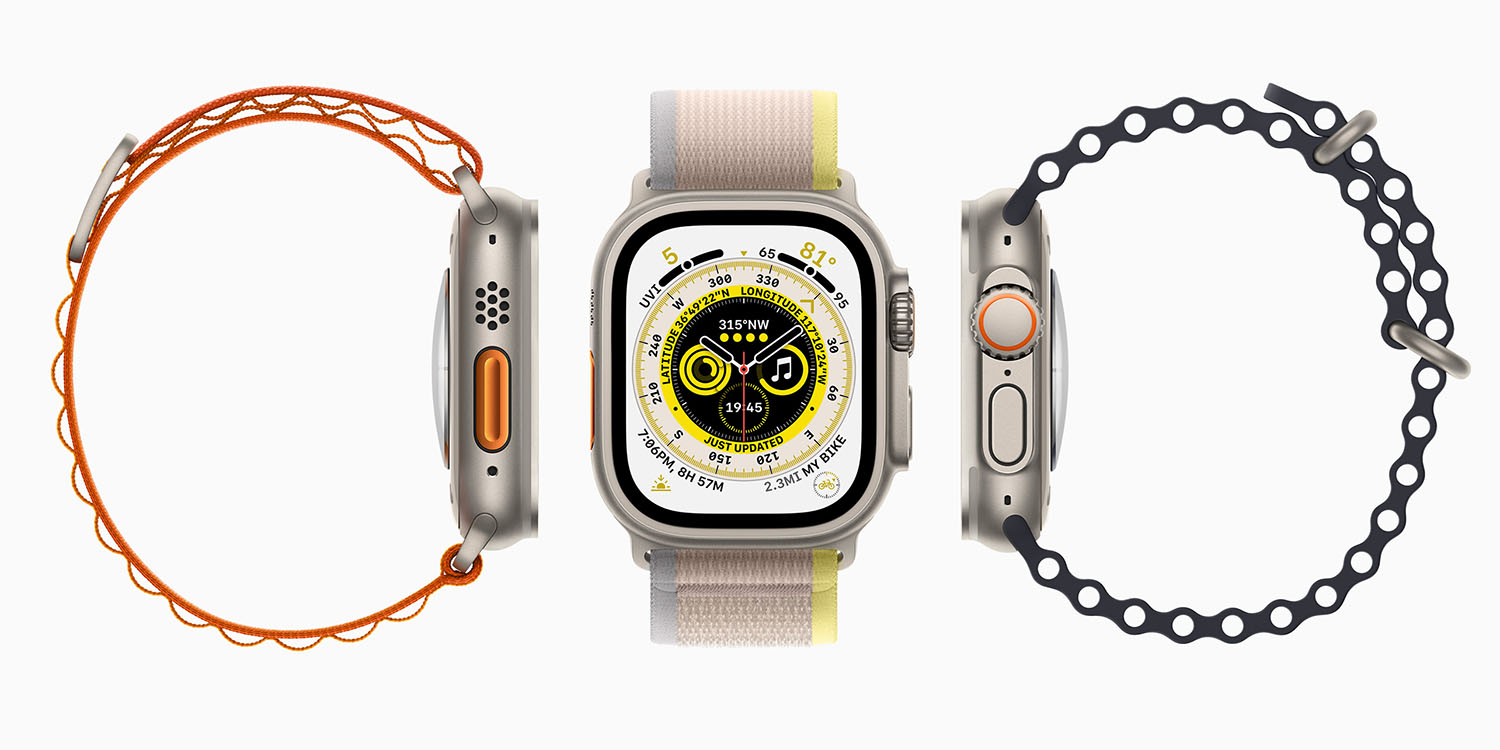
An Apple patent battle with healthtech company AliveCor has been won by the Cupertino company, likely saving the Apple Watch from a potential import ban next week.
It’s a big step forward for Apple, but doesn’t end the legal fight between the two companies …
Let’s start with the background …
Apple patent battle with AliveCor
The tale dates back to 2015, when AliveCor showed how its patented technology could be used to allow an Apple Watch wristband to take ECG readings. The company shared the tech with Apple in the hopes of securing a partnership agreement.
No deal was reached, and three years later, Apple went on to announce an ECG feature using the heart-rate monitor built into the Apple Watch.
AliveCor claimed that Apple had stolen its tech, and infringed three of its patents. It took Apple to court, and separately asked the US International Trade Commission (ITC) to ban the sale of the Apple Watch in the US. Apple responded by asking the US Patent and Trademark Office’s Patent Trial and Appeal Board (PTAB) to declare AliveCor’s patents invalid.
Separately, AliveCor this year filed an antitrust lawsuit, claiming that Apple was blocking competitor apps by restricting third-party app access to the heart-rate monitor.
The first victory went to AliveCor
In June of this year, the ITC reached an initial finding, agreeing with AliveCor that Apple had infringed its patented technology.
However, no action was taken at that time, with a final ruling initially scheduled for October 26. At that point, the ITC upheld two of AliveCor’s claims, and set a date of December 12 to decide whether or not to grant the request for an import ban on Apple Watches.
Apple wins a bigger victory
However, Stat reports that Apple yesterday won a bigger battle. It’s PTAB appeal succeeded, with the board throwing out all three of AliveCor’s patents.
The U.S. Patent and Trademark Office’s Patent Trial and Appeal Board, or PTAB, on Tuesday ruled that three AliveCor patents covering heart monitoring technologies for wearable devices were unpatentable.
“Unpatentable” is generally a way of saying that a patent claim is either too obvious or too general. It’s widely thought that too many very generic patent claims are accepted, opening the doors to patent trolls – companies that buy broad patents for the purpose of filing lawsuits against companies with deep pockets.
Apple expressed its appreciation for the ruling, and said its own tech was independently developed.
Apple’s teams work tirelessly to create products and services that empower users, including the industry-leading health, wellness and safety features we independently developed and incorporated into Apple Watch.
AliceCor said that it plans to appeal.
AliveCor is deeply disappointed and strongly disagrees with the decision by the PTAB and will appeal. The PTAB and ITC are two separate independent bodies, and will make their own separate independent decisions. We look forward to the separate Final Determination from the ITC expected December 12 and are cautiously optimistic based on the Initial Determination for AliveCor in June of this year.
Dramatically boosts Apple’s chances with the ITC
The ITC is not legally bound by the PTAB ruling, but is likely to be very strongly influenced by it. In particular, it is now unlikely to grant the import ban.
According to Christine Lehman, a partner at Reichman Jorgensen Lehman & Feldberg, the ITC may still agree that there is a violation, but may suspend a ban pending appeals.
The Apple patent battle with AliveCor will now move to a federal court, and the ITC is likely to await the outcome of that case before deciding on the import ban.
FTC: We use income earning auto affiliate links. More.






Comments